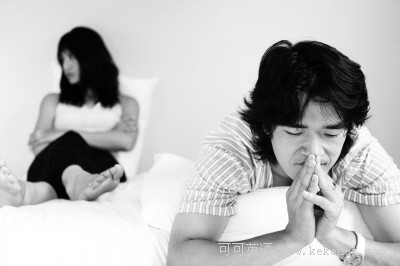In a previous study, scientists analyzed data from 1,842 adults ages 33 to 84. Each day for eight days, participants were asked whether they had engaged in an argument or whether they had experienced a situation in which they could have argued but decided to let it pass without a fight.
先前的研究中,科學(xué)家分析了33歲至84歲的1842位成人的調(diào)查數(shù)據(jù)。調(diào)查為期8天,每天受試者需回答他們是否有過爭吵,或者是否本可以爭執(zhí)但最終決定委曲求全。

Most participants, 62 percent, said they sidestepped arguments at some point during the study, 41 percent reported engaging in conflict. Twenty-seven percent of participants indicated no tension. some type of tension (whether they avoided it or not) reported more negative emotions, such as feeling upset or angry, and physical symptoms, including nausea or aches and pains, than did people who didn't experience any tension during those eight days.
大部分受試者,約62%,稱在某種程度上讓步了,而41%則稱發(fā)生過沖突。27%的受試者沒有顯示出緊張情緒。與在這8天里沒有經(jīng)歷過緊張
關(guān)系的人相比,有過不良關(guān)系經(jīng)歷的人群(不論有沒有委曲求全)的情緒更加負(fù)面,比如感到難過或氣憤,身體不適,包括惡心或者周身疼痛。
However, avoiding conflict was associated with having more of these physical symptoms the following day, according to scientists.
但是,科學(xué)家稱,避免吵鬧會在次日對身體產(chǎn)生的影響更大。


















